Training health workers in Sierra Leone to be “Epidemic-Ready”
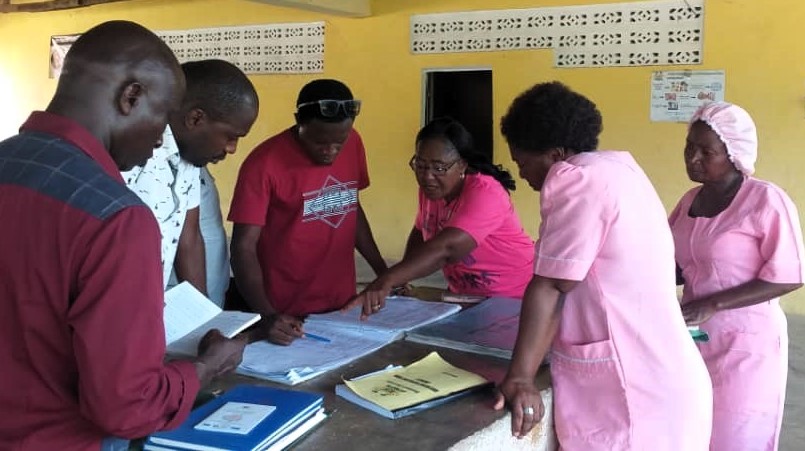
How “epidemic-ready” primary health facilities in Sierra Leone stopped a measles outbreak in record time.
Advancing gender equity in Africa’s digital health transformation
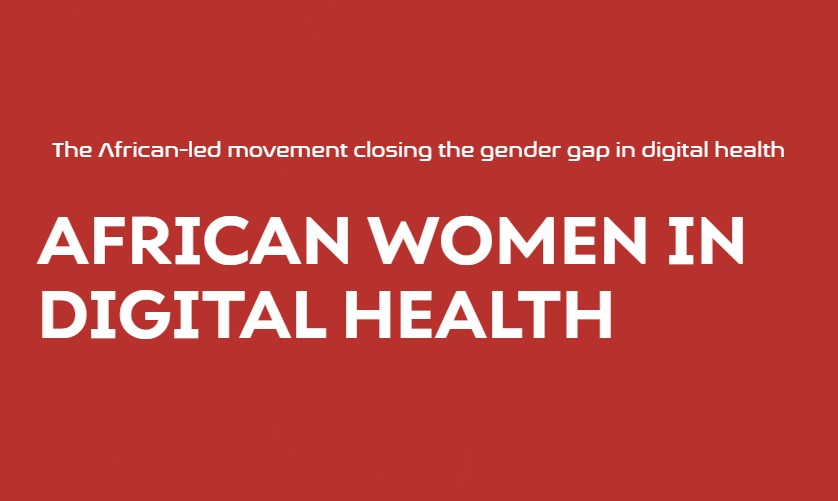
The African Women in Digital Health initiative
How ‘Epidemic-Ready’ health facilities in Sierra Leone stopped measles in its tracks

We partnered with primary health facilities in Sierra Leone to train frontline workers to detect and report infectious disease cases.
More alerts and fewer false alarms for infectious disease outbreaks
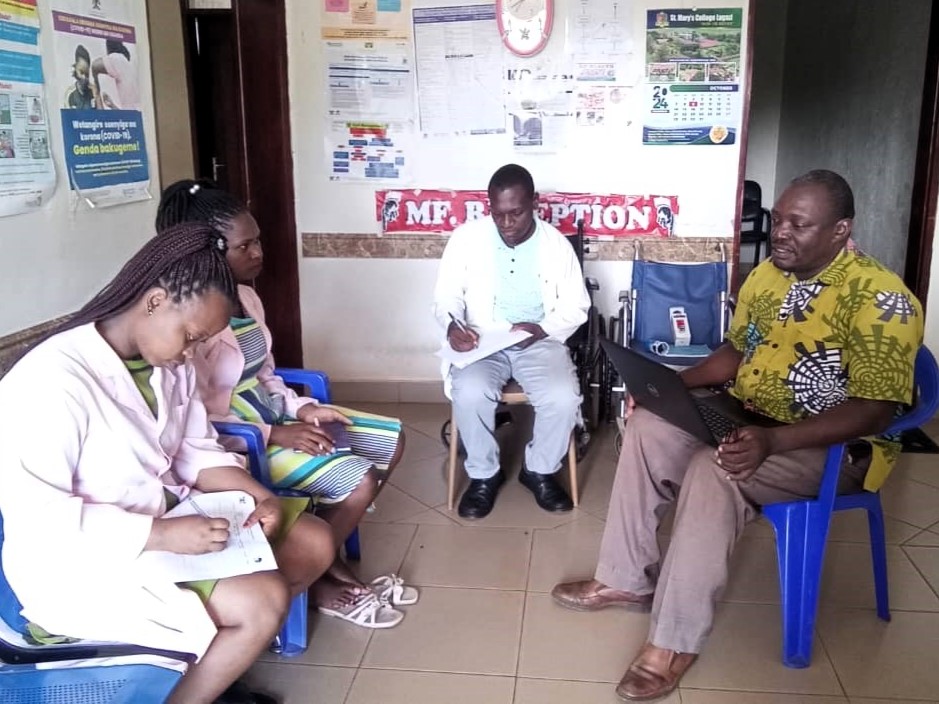
“Epidemic-Ready” primary health facilities in Uganda are producing more alerts and fewer false alarms, which means they can end outbreaks more quickly.
“Epidemic-Ready” health care workers in Uganda sound the alarm to end outbreaks faster

We partnered with Uganda’s Infectious Diseases Institute and its MoH to equip frontline health workers to quickly spot and report infectious disease threats in an Epidemic-Ready Primary Health Care project.
Widespread adoption of 7-1-7 in Uganda leads to rapid improvement and increased community protection
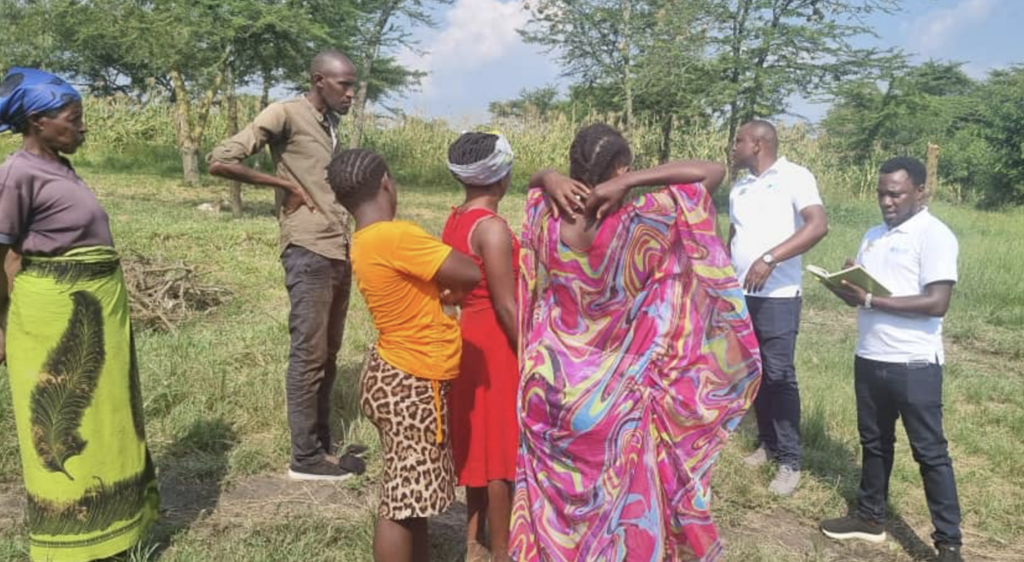
Deploying the 7-1-7 target during measles outbreaks in Uganda’s Kasese and Kiboga districts in early 2024 helped mobilize the political will and the resources necessary to respond to the outbreaks. It also helped the districts react more quickly when an even more deadly virus, the Crimean-Congo hemorrhagic fever, was detected months later.
How adopting 7-1-7 in Uganda helped stop a deadly virus in its tracks

7-1-7 helped two Uganda districts mobilize the political will and resources necessary to respond effectively to several outbreaks, and improve performance over time.
“Enhanced Situational Awareness” saves lives from cholera in Ethiopia
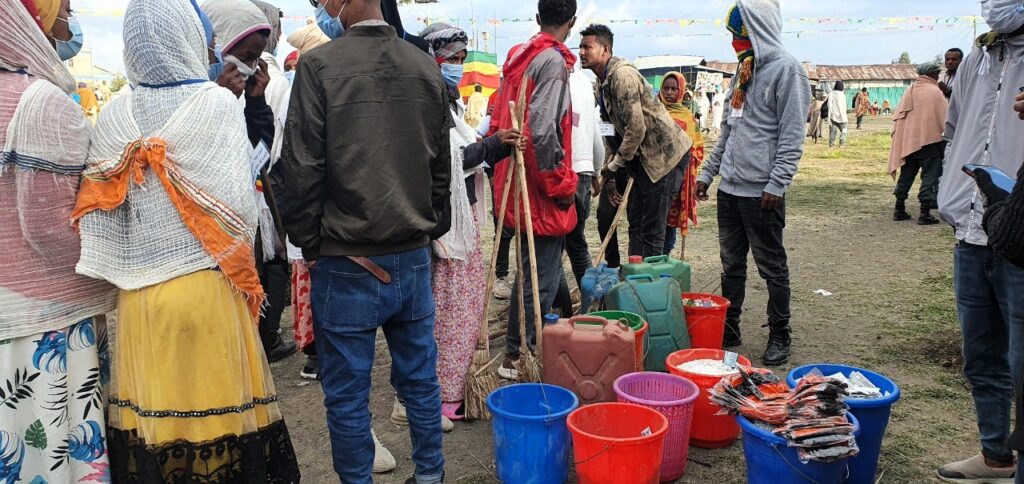
We partnered with the Ethiopian Public Health Institute (EPHI) and local community leaders to prevent a surge in cholera cases during a popular religious holiday with early monitoring and early action.
Enhanced situational awareness: taking action to stop outbreaks before they begin in Ethiopia

Resolve to Save Lives partnered with the Ethiopian Public Health Institute and local community leaders to prevent a surge in cholera cases during a popular religious holiday.
The first nine months of Epidemic-Ready Primary Health Care
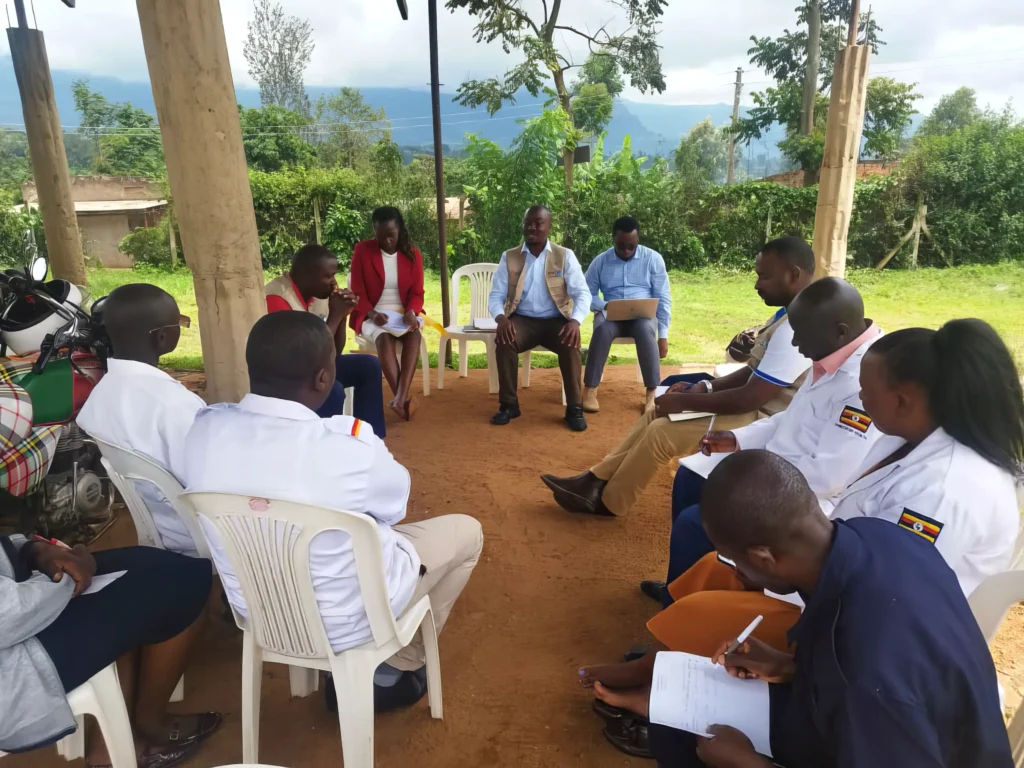
Primary health facilities in Ethiopia, Nigeria, Sierra Leone and Uganda saw impressive gains in their ability to prevent, detect, and respond to outbreaks while maintaining essential health services in the first nine months of our Epidemic-Ready Primary Health Care (ERPHC) initiative.
Connect, detect, protect, treat: learnings from implementing epidemic-ready primary health care

Resolve to Save Lives is partnering with primary health facilities to make sure they’re ready to stop the next epidemic.
Kenya team tackles Rift Valley Fever outbreak with 7-1-7

A Kenya team trained on 7-1-7 thanks to free online tools supplied by the 7-1-7 Alliance, winning wide recognition at the 2024 Global Health Security Conference for applying the 7-1-7 target to control a recent outbreak of Rift Valley Fever. The team was able to identify barriers to an effective response and quickly get resources to the affected region, where seasonal heavy rains can cause mosquito-borne outbreaks in livestock that spill over into humans.
7-1-7 helps Kenya quickly contain Rift Valley Fever outbreak

Seasonal heavy rains can spark mosquito-borne infections in livestock and spill over into humans. By applying the 7-1-7 target during a recent outbreak of Rift Valley Fever, Kenya was able to identify barriers to an effective response and quickly get resources to the affected region.
Training health care workers to prevent epidemics—with their smartphones

Resolve to Save Lives partnered with HealthLearn to develop free, mobile-optimized training courses that help frontline health care workers recognize, report and contain infectious disease outbreaks. Recently, one of these training modules was released as a standalone to support Nigeria through a cholera outbreak, allowing frontline workers to more effectively identify and report suspected cases […]
Training health care workers to prevent epidemics—with their smartphones

Resolve to Save Lives and our partners at HealthLearn developed free, mobile-optimized training courses that help frontline health care workers recognize, report and contain infectious disease outbreaks.
“Surveillance is a public health superpower”

In an essay for the Financial Times, RTSL President and CEO, Dr. Tom Frieden explains how disease surveillance is a “public health superpower” allowing us to foretell health disasters and see trends in diseases and health programs to save lives. Dr. Frieden argues that while there have been some exciting technological advances in health surveillance, […]
How event-based surveillance is saving lives in Sierra Leone
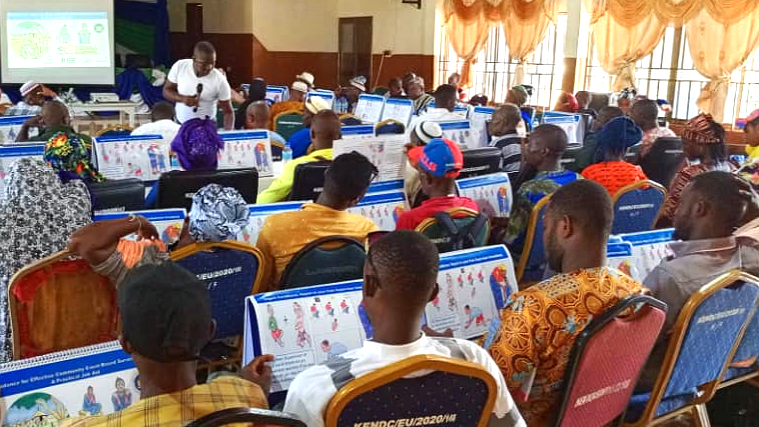
Resolve to Save Lives collaborated with Sierra Leone’s Ministry of Health and global partners to support advanced surveillance for the earliest signs of an outbreak.
How “event-based surveillance” is saving lives Sierra Leone

Resolve to Save Lives partnered with the Sierra Leone Ministry of Health and global partners to support event-based surveillance for the earliest signs of an outbreak. By focusing on advanced signals such as sudden growth in pharmacy sales or drops in school attendance, event-based surveillance will allow the Ministry to detect outbreaks more quickly, thereby […]
Nigeria passes first subnational health security bill

Resolve to Save Lives recently supported the passage of Nigeria’s first subnational health security bill in partnership with the Nigeria Centre for Disease Control and Prevention and the Government of Kano State. This new law brings Kano State into alignment with International Health Regulations (2005) and will allow the state to better protect its people—and […]
How Kano became the first state in Nigeria to pass landmark health security law

Kano is the first state in Nigeria to adopt comprehensive subnational health security legislation.
Ethiopia’s first national infection prevention and control budget
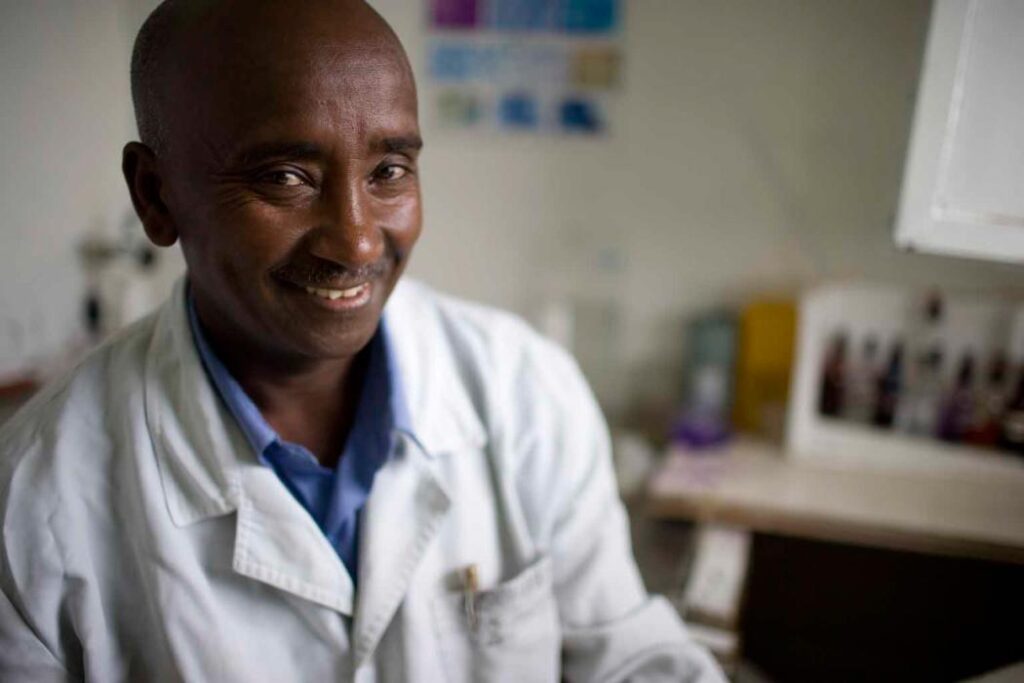
Our team recently supported the passage of Ethiopia’s first national infection prevention and control budget in partnership with the nation’s Ministries of Health and Finance. This strategic investment by national decisionmakers will strengthen Ethiopia’s capacity to respond to future public health threats—and represents a milestone for global health security efforts. Read how the budget was […]
How Ethiopia established its first ever national infection prevention and control budget

The nation’s recent success represents a milestone for global health security efforts.
New African Women in Digital Health Mentorship Program

The new RTSL-supported African Women in Digital Health Mentorship Program is now accepting applications. Women are integral to achieving Africa’s inclusive growth and sustainable development agenda. This new program will help enhance the representation and leadership of African women in the digital health sector by bolstering their business acumen and leadership skills, supporting them to thrive […]
Growing adoption of 7-1-7 on display at the 2024 Global Health Security Conference

On June 20, 2024, the 7-1-7 Alliance hosted a packed networking breakfast at the Global Health Security Conference in Sydney for partners engaged in the adoption and use of the 7-1-7 target for the timely detection, notification and response of infectious disease outbreaks.
The latest “Epidemics That Didn’t Happen”
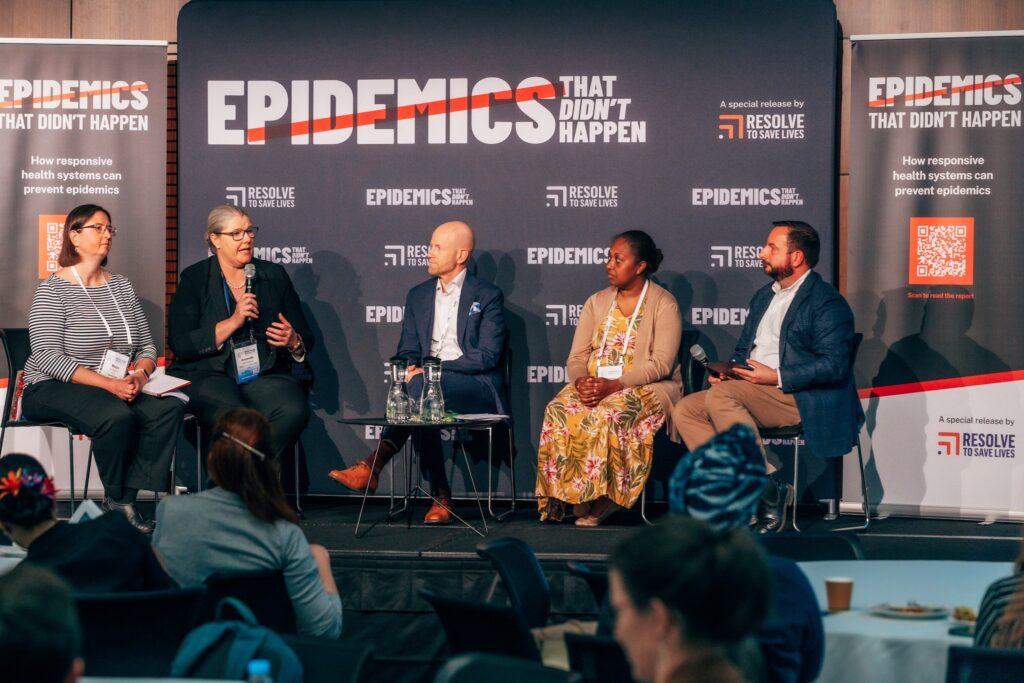
Our third and latest Epidemics That Didn’t Happen report showcases six new case studies from around the world in which responsive health systems that got the basics right stopped infectious disease outbreaks in their tracks. Launched at the 2024 Global Health Security Conference at an event attended by over 100 colleagues and peers, our latest […]
New report offers lessons on stopping disease outbreaks, amid global spread of H5N1
Resolve to Save Lives report shows how public health specialists around the world controlled bird flu and other outbreaks last year June 18, 2024 (New York, NY) – With the highly contagious H5N1 avian influenza (bird flu) spreading worldwide, Finland provides a lesson in how to bring an outbreak under control quickly. After a deadly outbreak […]
What the U.S. can learn from Finland’s H5N1 response
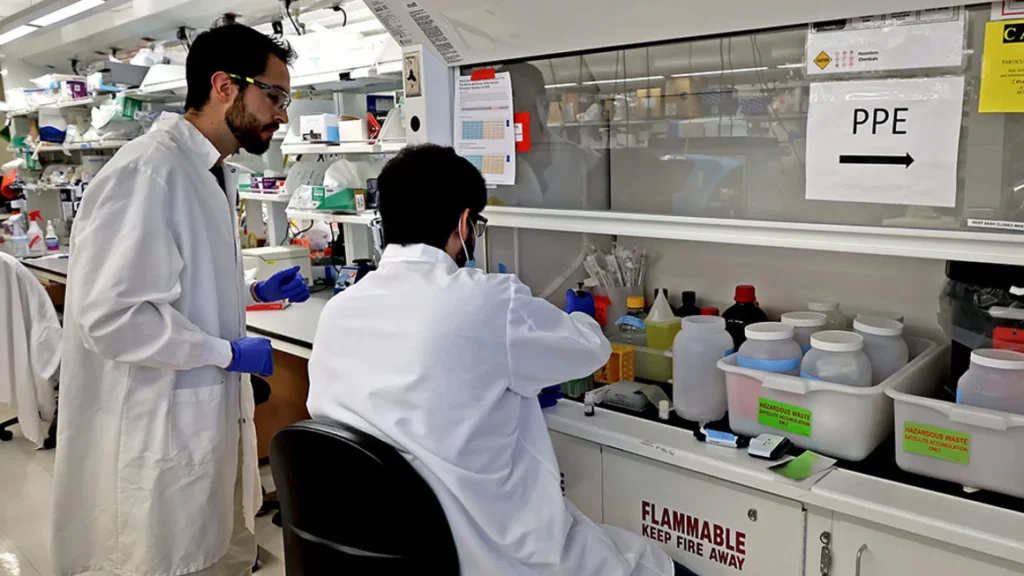
In an essay for CNN, RTSL President and CEO, Dr. Tom Frieden outlines important lessons from a recent outbreak of “bird flu” in Finland that was stopped in its tracks before it could affect a single human being. Dr. Frieden identifies longstanding trust between the farming community and the government, as well as swift action […]
7-1-7 saves lives in South Sudan
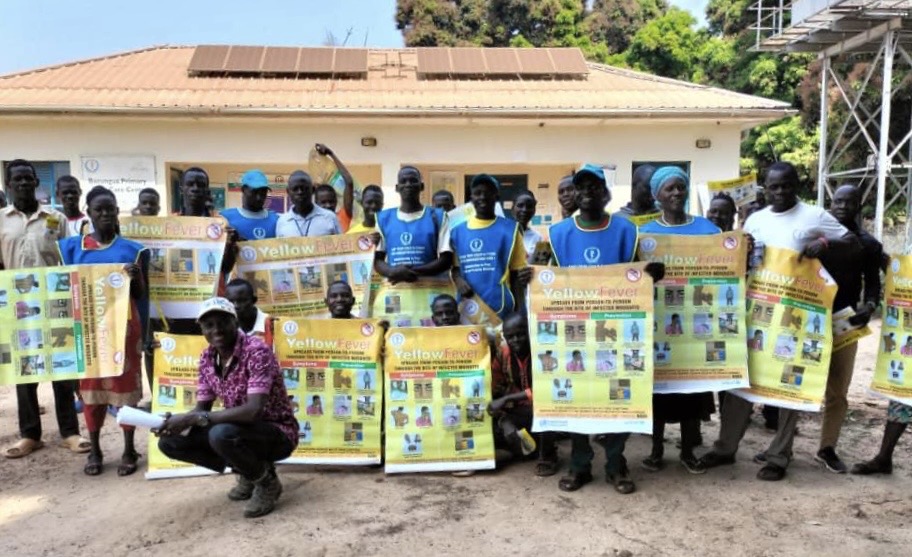
Yellow fever is endemic throughout sub-Saharan Africa. But the 7-1-7 target is helping contain outbreaks quickly.
U.S. public health leaders discuss nationwide adoption of 7-1-7

On May 9, 2024, participants at a Georgetown Center for Global Health Science and Security leadership roundtable discussed a path to a national adoption of the 7-1-7 target in the U.S.
Flexible funding for epidemic response is a game-changer
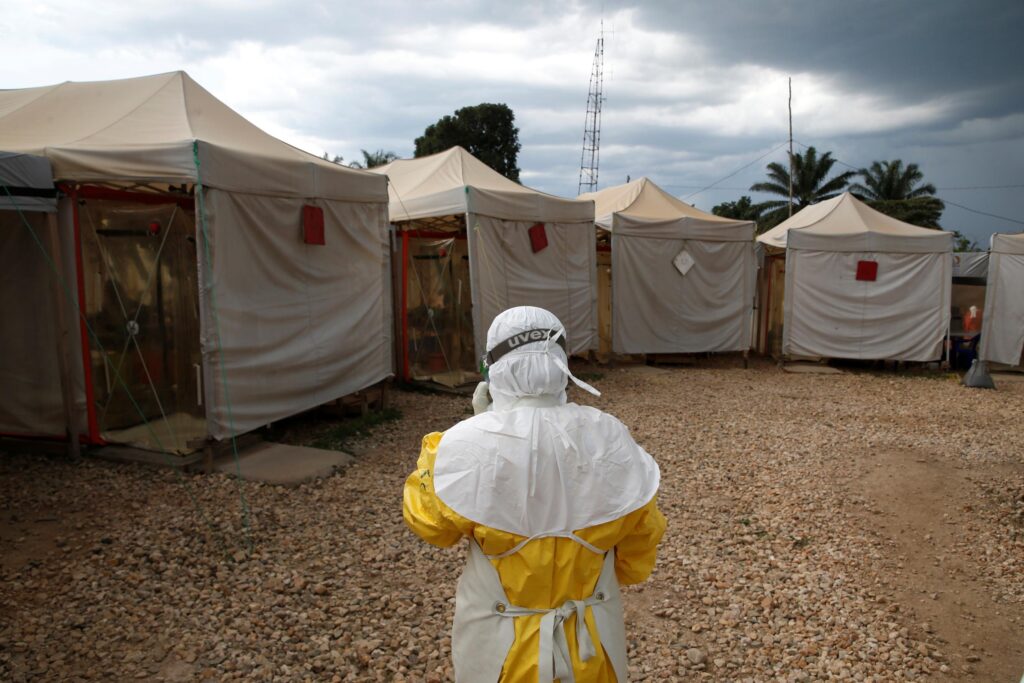
In her latest op-ed for Think Global Health, our Senior Vice President for Prevent Epidemics, Amanda McClelland, explains how early access to flexible funding at the first sign of an outbreak can save tens—or even hundreds of thousands of dollars—in addition to lives and livelihoods. Get the full story at Think Global Health.